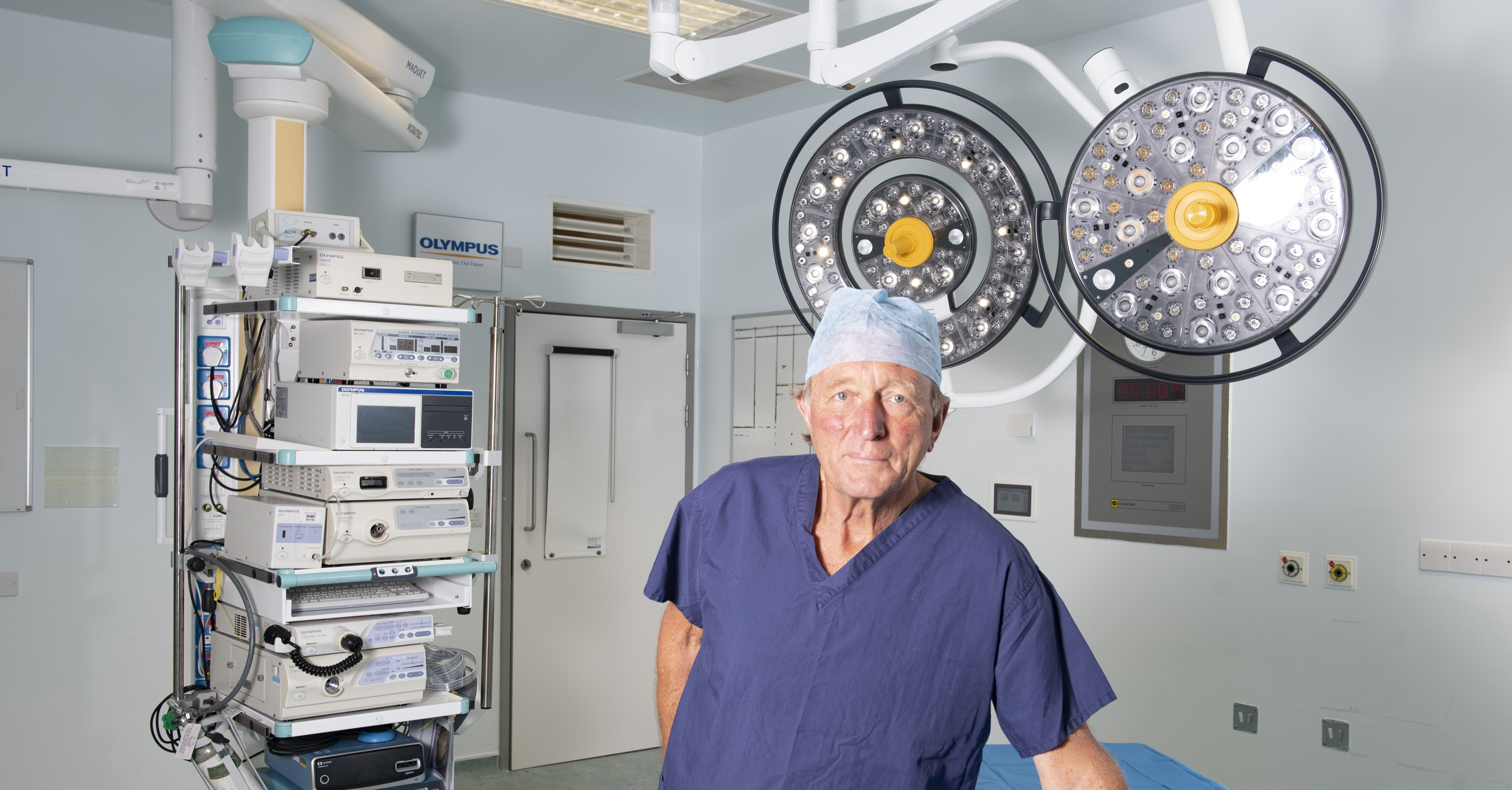Most doctors and, no doubt, most patients too will probably not have heard of the IHPN (The Independent Healthcare Providers Network). The IHPN is an organisation that was established to try and improve governance and patient safety within the Independent Healthcare Sector, and it has been fully supported by doctors’ representative groups, such as The Federation of Independent Practitioners Organisations (FIPO).
Medical Practitioners Assurance Framework (MPAF)
In 2019 the IHPN launched a project to publish guidelines and recommendations on how to strengthen and improve the clinical governance arrangements that are already in place within the private sector. These recommendations are detailed and summarised within The Medical Practitioners Assurance Framework (MPAF) document, and it is an updated version of the MPAF that the IHPN has just recently launched and released.
 Assessing private healthcare facilities
Assessing private healthcare facilities
The MPAF is used as guidance by the Care Quality Commission CQC when assessing private healthcare facilities, and the new updated MPAF now includes further recommendations about appropriate patient consent and also about issues relating to potential conflicts of interest.
FIPO's Mr Ian McDermott (pictured) says,"The MPAF is a very welcome further step towards us all attempting to minimise further disasters, such as the Paterson case, where so many patients were unduly harmed, and I would strongly encourage all doctors working within the private sector to read the MPAF in full."
Knee surgeon Ian McDermott goes on to say, "Any comments or suggestions should be sent to the IHPN, as it is recognised that the MPAF is a ‘dynamic’ document that will continue to evolve, adapt and develop with time, with everyone’s ongoing quest to improve patient safety and the quality of patient care".
Mr Ian McDermott is a Consultant Knee Surgeon, Total Doctor’s Medical Director for Secondary Careand Co-Vice Chairman of FIPO.
Refreshing MPAF
David Hare, Chief Executive of the Independent Healthcare Providers Network (IHPN) said: “IHPN are delighted to be launching today a new refresh of our Medical Practitioners Assurance Framework (MPAF), reflecting the independent health sector’s commitment to continuously improving the safety and quality of care they deliver to millions of patients every year."
Dr Sean O’Kelly, CQC’s Chief Inspector of Hospitals, said: “Robust medical governance is central to patient safety and high quality care. CQC very much welcomes the updates that IHPN has made to strengthen the Medical Practitioners Assurance Framework and we are pleased to have been part of the expert advisory group that helped shape its development."
Una Lane, Director of Registration and Revalidation at the General Medical Council, said: “Since its launch the framework has played an invaluable role helping ensure patients receive safe and good quality care, in both the NHS and the independent sector. This refresh takes account of recent high-profile cases and will strengthen that protection."
 Professor Neil Mortensen (pictured), President of the Royal College of Surgeons of England, said: “The Royal College of Surgeons of England welcomes the updated Medical Practitioners Assurance Framework. There is growing demand for private services, including elective surgery. This makes it all the more urgent to ensure that high standards of care and good governance processes are in place, supporting the specific challenges faced by the sector."
Professor Neil Mortensen (pictured), President of the Royal College of Surgeons of England, said: “The Royal College of Surgeons of England welcomes the updated Medical Practitioners Assurance Framework. There is growing demand for private services, including elective surgery. This makes it all the more urgent to ensure that high standards of care and good governance processes are in place, supporting the specific challenges faced by the sector."
Neil goes onto say, “We have recently published guidance for surgeons working in the independent sector, which aims to provide advice on good practice for individual practitioners. So, we hope this will be used in conjunction with the IHPN framework.":
Rachel Power, Chief Executive of the Patient’s Association, said: “We expect patients to receive safe and effective care no matter where they are treated. The refresh of the Medical Practitioners Assurance Framework, and the number of providers who have signed up to it, gives patients confidence that the independent sector collects and shares information about the performance of their services, and the practitioners working within them.
Vicky Voller, Director of Advice and Appeals at NHS Resolution, said: “NHS Resolution welcome the launch of the refreshed Medical Practitioners Assurance Framework. As a member of IHPN’s reference group, we were able to contribute our expertise in resolving concerns and disputes to the development of the Framework and are confident that it meets current best practice in the health system and, most importantly, provides greater consistency across the NHS and the independent sector, thereby embedding a systems-wide approach to patient safety and quality.”
Rosemary Hittinger, Company Secretary, Federation of Independent Practitioner Organisations (FIPO), said: “The MPAF refresh demonstrates the sector’s ongoing commitment to rigorous standards and processes of clinical governance. As we move towards a more integrated system the MPAF will support consultants and providers to enhance and improve patient safety.”
Sally Taber, Director, Independent Sector Complaints Adjudication Service (ISCAS), said: “ISCAS welcomes the refreshed MPAF, and will ensure that this well respected document is used by ISCAS subscribers as part of their Governance framework. The ISCAS Code has also been updated to include the Complaints Standard Framework (CSF) namely “To include Promoting a just and learning culture, Welcoming complaints in a positive way, Being thorough and fair and Giving fair and accountable responses”, the principles of which are contained within the refreshed MPAF”.




